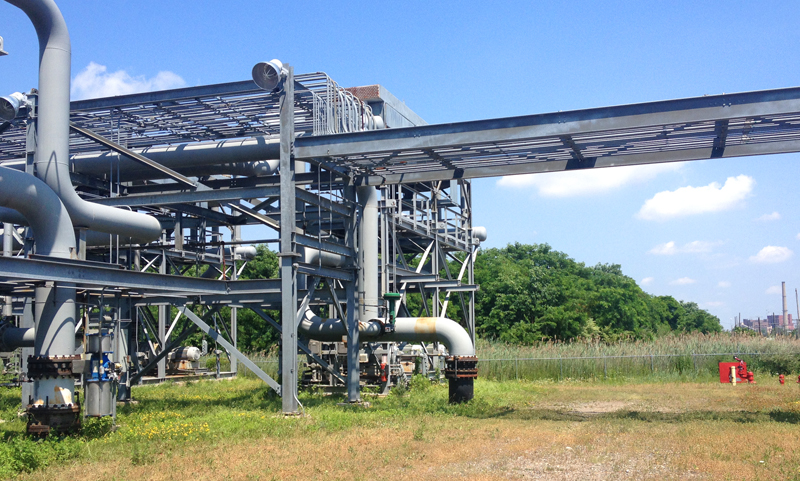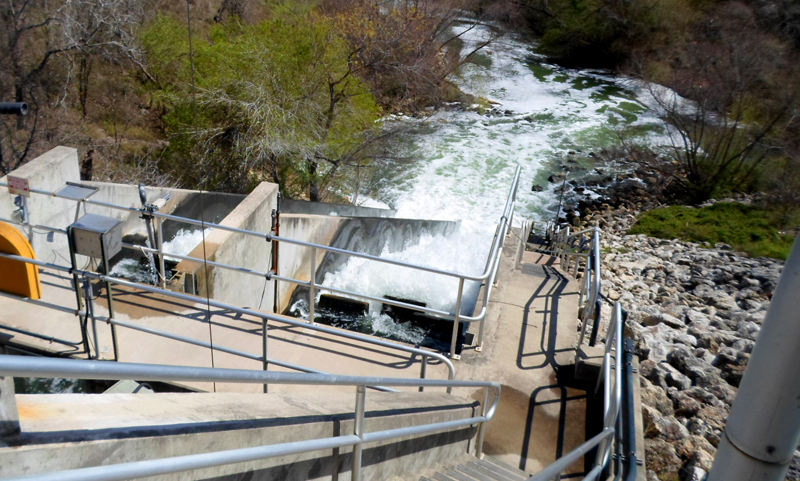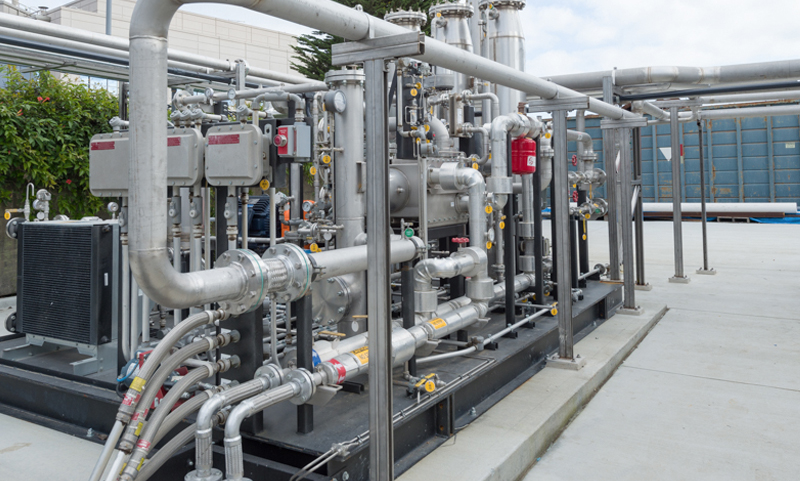Verification & Validation
Greenhouse Gas
First Environment has been active in the field of climate change and greenhouse gas (GHG) management since the 1990s—longer than most other companies in the industry. We know from firsthand experience that participation in dialogues on climate change policy and GHG management yields insight that is of value to our clients. At the international level, we maintain involvement through regular attendance at the United Nation’s Framework Convention on Climate Change (UNFCCC) Conferences of the Parties. In the U.S., we provide services under a variety of programs, including the California Air Resources Board (ARB), American Climate Registry (ACR), Climate Action Reserve (CAR), and The Climate Registry (TCR), while monitoring other state and regional climate change initiatives. We are also involved in climate change policy developments in Canada, Europe, and South America.
 Notably, First Environment was the first consulting and engineering firm in the western hemisphere to become certified to ISO 14001. The firm was also a charter partner of the U.S. EPA’s Climate Leaders program and has been carbon neutral since 2008. In addition, First Environment is a Founding Reporter to TCR and received verification of our own inventory under the TCR program. Furthermore, First Environment was among the first firms accredited to the ISO 14065 standard by ANAB to conduct greenhouse gas inventory verification services for TCR members.
Notably, First Environment was the first consulting and engineering firm in the western hemisphere to become certified to ISO 14001. The firm was also a charter partner of the U.S. EPA’s Climate Leaders program and has been carbon neutral since 2008. In addition, First Environment is a Founding Reporter to TCR and received verification of our own inventory under the TCR program. Furthermore, First Environment was among the first firms accredited to the ISO 14065 standard by ANAB to conduct greenhouse gas inventory verification services for TCR members.
First Environment is the first firm:
- approved to provide verification services to the participants of the California Climate Action Registry (CCAR)
- to complete a CCAR verification of a CCAR report containing all six Kyoto GHGs
- to verify an international GHG report according to the CCAR Protocols
Our GHG verification services have also received the following industry acknowledgements:
- Environmental Finance’s 2019, 2012, and 2011 Best Verification Company for Carbon Markets
Please click for details on the scope of First Environment’s accreditation as a validation/verification body, including the sectoral scopes in which we operate.
Aviation Sector Experience
First Environment’s greenhouse gas team possesses an exceptional understanding of the aviation sector. In particular, our president and practice lead B. Tod Delaney, PhD, PE, BCEE, supported the U.S. Air Force with the development of airbase emissions dispersion models, which included modeling of sources such as jet aircraft, fueling, operations, fueling storage tanks, support vehicles, and maintenance. The firm has supported airports across the U.S. with environmental services included greenhouse inventory development, environmental management system (EMS) development and implementation, environmental regulatory compliance support and auditing, environmental litigation support, and more. These experiences afford us insight into the various operations, emission sources, and regulatory requirements in the aviation sector.
Airport Carbon Accreditation Program
The Airport Carbon Accreditation (ACA) program, established in 2009 by ACI EUROPE, recognizes airports’ efforts to manage and reduce their CO2 emissions. To assure the program’s quality, airports seeking recognition must have their carbon footprints, emission reductions, and/or carbon neutrality assertions independently verified by ACA-approved verification bodies. Our staff includes five full-time, in-house ACA-approved verifiers, representing the largest ACA verification team in North America.
Renewable Fuels
With the push for renewable fuels and the reduction of greenhouse gas emissions, First Environment has been tracking the latest regulatory requirements of EPA’s Renewable Fuel Standard (RFS2), which requires gasoline sold in the U.S. to contain a minimum volume of biofuels. In July 2014 EPA finalized the voluntary Quality Assurance Plan (QAP) program to increase market confidence and help ensure that Renewable Identification Numbers (RINs) are validly generated through a program of third-party audits; First Environment is one of only a handful of firms with an EPA-approved QAP. Working with our clients, First Environment assists renewable fuel producers in verifying their quarterly RIN quantities and EPA Moderated Transaction System data. Our licensed Professional Engineers (PEs) provide engineering reviews, working with facility staff to evaluate the accuracy of information provided to EPA during the registration process. Our streamlined review process provides clients with the most cost-effective, accurate, and attestable report. Our technical staff will review supporting documentation and calculations to confirm that RINs have been quantified accurately and conduct on-site audits of renewable fuel production facilities as required by the QAP program.
California’s Low Carbon Fuel Standard
The Low Carbon Fuel Standard (LCFS) is a market-based component of the California Air Resources Board’s regulatory programs implemented in response to the 2006 Global Warming Solutions Act (AB 32). It seeks to reduce greenhouse gas emissions by (1) decreasing the carbon intensity of transportation fuels and (2) encouraging the use of cleaner alternative fuels in California.
First Environment is an ARB-accredited LCFS verifier qualified to conduct validation of fuel carbon intensity calculations (i.e., “pathway” applications), as well as verification of quarterly and annual fuel reports. With six years of experience providing services to the renewable fuels sector under EPA’s Renewable Fuels Standard (RFS2) program, we are poised to support fuel suppliers with compliance reporting under the LCFS program.
Verification & Validation Services
First Environment has established procedures for conducting verification and validation services. Our validation and verification process aligns with internationally recognized standards, including ISO 14064-3:2019, ISO 14065:2013, and ISO 14066:2011. We are currently undergoing transition to accreditation under the ISO 17029:2019 and ISO 14065:2020 standards. The verification process typically involves the following key steps: assessing independence and impartiality; defining the scope, criteria, level of assurance, and materiality; formalizing a contract or agreement; undertaking planning and risk assessment tasks; carrying out sampling and data review procedures, potentially including on-site visits; communicating findings and addressing any issues identified; finalizing a verification report; and providing an opinion.
First Environment does not issue marks of conformity and does not restrict the use of its unaltered Validation or Verification Reports or Opinions. Clients shall not use First Environment’s validation and/or verification report and/or opinion in a manner that could mislead intended users or impair the reputation of First Environment.
First Environment will provide, upon request, the status of a given validation or verification statement.
Areas of Expertise:
- Greenhouse Gas
- Renewable Fuels
- Green Bonds





